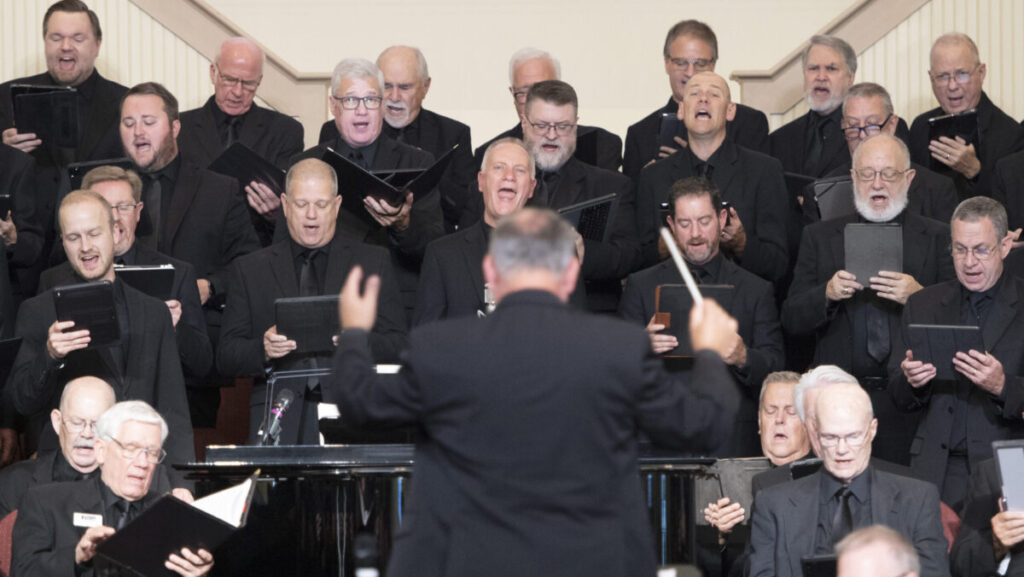By Robert Olsen, Ph.D.
Associate Professor of Christian Studies, University of Mobile
Leaders needed
Micah 3:1–12
Self-serving leadership (1–4)
Micah, a prophet to the southern kingdom around 700 BC, calls out the leaders of Judah for their abuse of justice. Israel was a theocracy, meaning their real king was God. The laws of the land revolved around God, and the leaders were required to consider God’s law. However, the leaders abused the position God had put them in. They mistreated those they were supposed to rule over benevolently. Micah uses an analogy of a wild animal tearing apart its prey to show how violent their actions were in God’s eyes. Because of these actions, God would not hear their cries to Him when His judgment came.
This has application for us today. First, those in positions of church leadership are called to shepherd their people. Shepherds don’t mistreat their sheep, and church leaders are not to abuse their people. We see this type of abuse regularly with leaders who propose that when people give them money, God will bless the giver financially.
This is called the prosperity gospel, a false gospel teaching that God blesses His followers with material blessings if they have enough faith. Often this is measured by whether a person financially supports the preacher. This false gospel violates both the teachings and the basic narrative of the Bible. In the Bible what faithful follower of Christ benefited financially? No one. Followers of Jesus can expect hardship and persecution. All of the 12 disciples were either killed or exiled for their belief.
Second, as Christians, we should be concerned for justice in society. We do need to be careful to measure justice as the Bible sees justice, not as society preaches justice. We are not to concern ourselves with social justice. We are to be concerned with biblical justice, which can only be found in Scripture.
Corrupt prophets (5–8)
The so-called prophets in Micah’s day were scam artists. They would prophesy good things to those who gave them money and food, and bad things to those who did not offer them bribes. This is a perversion of the role of prophet, and God punished them for this malpractice by not giving them any messages so they would be discovered as frauds and have no more business.
Micah called out these false practices, and in our churches today we have the same responsibility. While we do not receive divine messages to preach, we have access to the direct word of God. Any Christian armed with the Bible has the same ability as Micah to call out sin. In fact, that is what we are called to do. One role of the Church is to preach against sin, teach what it is and offer correction. Many people think calling out sinful behavior among fellow Christians is a questionable practice, but it is the loving thing to do.
Through the process of sanctification, God helps us become more and more like Christ. Part of this process is a conviction of sin and a repentance thereof. If we are callous to the Holy Spirit or ignorant of His promptings, our fellow Christians need to be the means by which God convicts us. Church discipline is an act of love, not retribution or revenge.
Responsibility declared (9–12)
As a result of the corrupt actions of the leaders of Judah, Micah declares God will bring judgment upon them and the entire city of Jerusalem. This happens in 586 BC when the Babylonians destroy Jerusalem and take its people into captivity.
God hates sin and must punish it. Sometimes He is quick to punish, and other times He is long-suffering. This impacts us in a few ways. First, we must remember it is God’s job to punish injustice, not ours. We should debate and vote for laws that reflect His justice, but we are not to take the law into our own hands. We can trust that He will administer true justice. Second, we must share the gospel. We have to be mindful of gospel opportunities and remember that unbelievers will spend an eternity in hell apart from God. We must maintain a spiritual mindset, being concerned for the salvation of everyone we meet.







Share with others: